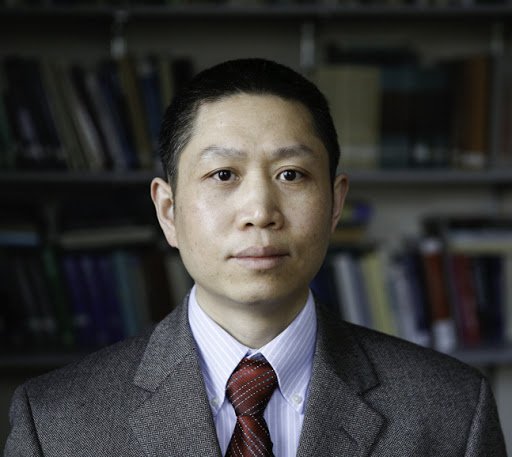ISyE Seminar Series: Hui Zou
|

"Sparse Composite Quantile Regression in Ultrahigh Dimensions"Presentation by Professor Hui Zou Wednesday, March 10 |
|
About the seminar: When estimating coefficients in a linear model, the (sparse) composite quantile regression was first proposed in Zou and Yuan (2008) as an efficient alternative to the (sparse) least squares to handle arbitrary error distribution. The highly nonsmooth nature of the composite loss in the sparse composite quantile regression makes its theoretical analysis as well as numerical computation much more challenging than the least squares method. The theory in Zou and Yuan (2008) was proven under fixed-dimension asymptotics and the estimator was computed via linear programming that does not scale well with high dimensions. In this paper, we study the sparse composite quantile regression under ultrahigh dimensionality and make three contributions. First, we provide a non-asymptotic analysis of both the lasso and the folded concave penalized composite quantile regression, which reveals a practical way of achieving the oracle estimator. Second, we construct a novel information criterion for selecting the regularization parameter in the folded concave penalized composite quantile regression and prove its selection consistency. Third, we exploit the structure of the composite loss and design a specialized optimization algorithm for computing the penalized composite quantile regression via the alternating direction method of multipliers. We conduct extensive simulations to illustrate the theoretical results. Our analysis provides a unified treatment of the concentration inequalities involving the composite loss. Those inequalities could be of independent interest. This is joint work with Yuwen Gu. Reference: Gu, Y. and Zou, H. (2020). IEEE Transactions on Information Theory, 66(11), 7132—7154. https://ieeexplore.ieee.org/abstract/document/9112219
|
|
Bio: Hui Zou is a Professor in school of Statistics at University of Minnesota. He received B.S. in Math and Physics from University of Science and Technology of China, and PhD in Statistics from Stanford University under the supervision of Trevor Hastie. His research interests include high-dimensional statistics, machine learning, and data science in general. He is an elected Fellow of Institute of Mathematical Statistics (2015) and American Statistical Association (2019). He has been Web of Science highly cited researcher since 2014. He received several other awards including NSF career award in 2009, IMS Tweedie award in 2011 and Scholar of the College in 2015. He also received a COGS outstanding faculty award for excellence in teaching in 2013. He has served on the editorial board of Annals of Statistics, Journal of the American Statistical Association, Journal of the Royal Statistical Society, Series B, Journal of Machine Learning Research, and Statistica Sinica. |
Seminar Video